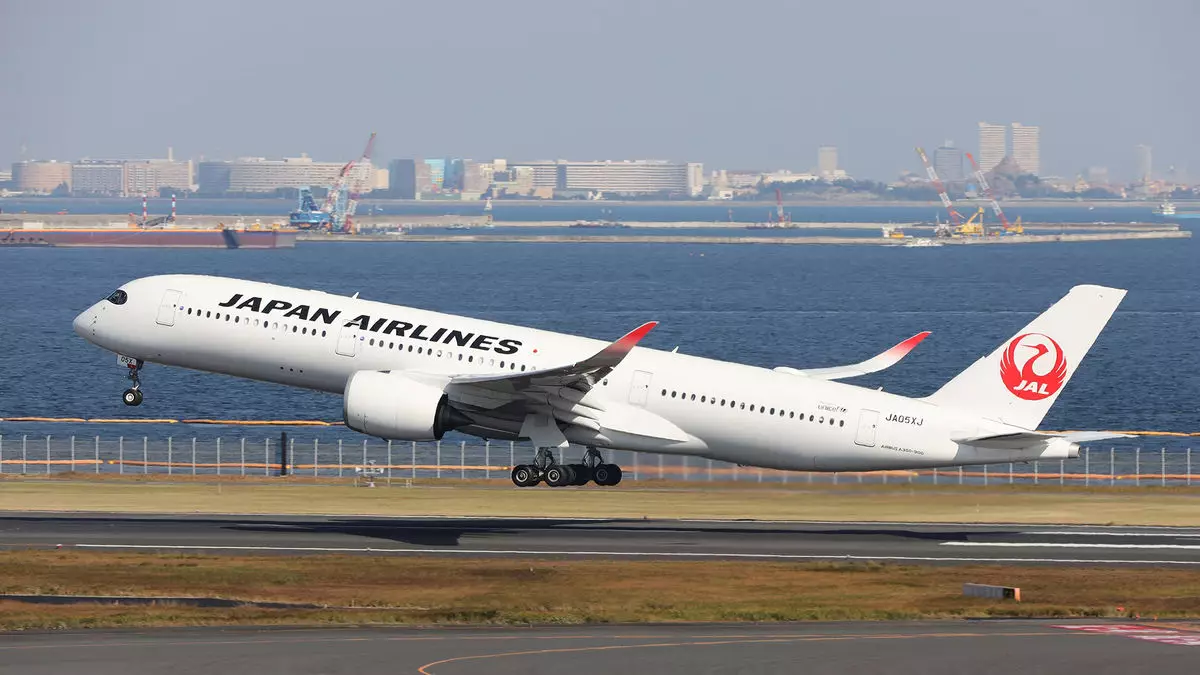On Thursday, Japan Airlines (JAL) faced a significant disruption due to a cyberattack that interfered with over 20 of its domestic flights. Although the incident caused substantial delays, the airline managed to thwart the attack within hours and assured passengers that flight safety remained uncompromised. The attack is a stark reminder of the growing cyber threats faced by the aviation sector, particularly at a time when travel peaks due to the New Year holidays.
JAL reported that the attack manifested when its network, designed to connect various internal and external systems, experienced severe malfunctions. The airline quickly determined the origin of the issue as an overwhelming volume of data transmissions intended to disrupt its network functionality, a classic example of a Distributed Denial of Service (DDoS) attack. Unlike many cyber incidents that focus on data breaches or system infiltration, this attack concentrated on hampering operational capabilities.
While the immediate impact saw 24 domestic flights delayed for over 30 minutes, ticket sales for both domestic and international flights had to be suspended briefly, which could have added to passengers’ frustrations during a hectic travel season. Chief Cabinet Secretary Yoshimasa Hayashi emphasized the urgency of restoring services, showcasing the government’s commitment to maintaining operational integrity amidst rising concerns about cybersecurity vulnerabilities in Japan. The swift comeback of JAL’s systems indicates effective emergency procedures but raises questions about the robustness of existing defenses.
The situation at Tokyo’s Haneda Airport became chaotic as passengers navigated crowded terminals during peak travel times. The coinciding holiday season complicates matters further, as millions travel across the country to celebrate New Year’s with their families. This scenario not only affected JAL but illustrates a broader potential crisis for the airline industry whenever systems experience disruptions, particularly during high-volume travel periods.
Broader Cybersecurity Concerns
The incident highlights an urgent need for enhanced cybersecurity protocols within the Japanese aviation industry, echoing sentiments previously voiced by experts. Japan’s national cybersecurity efforts have been a topic of discussion, especially as the nation bolsters its defense strategies in collaboration with allies like the United States. Despite some advancements, challenges persist, as demonstrated by ongoing vulnerabilities highlighted in attacks that have targeted various sectors, including the aerospace industry.
Recent revelations from Japan’s space agency about sustained cyberattacks throughout the year further illuminate the precarious state of the nation’s cybersecurity framework. While critical data concerning defense and aerospace operations remained secure, the mere fact that such assaults are occurring raises alarms about the overall cybersecurity landscape.
In light of these vulnerabilities, there is a pressing need for systemic reform to strengthen cyber defenses across Japan’s critical infrastructure sectors, particularly in aviation. Airlines and regulatory bodies must collaborate to implement proactive measures that go beyond mere reactive strategies. Comprehensive training, infrastructure investment, and international cooperation are essential to safeguarding against future threats.
The cyberattack on Japan Airlines functions as a warning signal for the aviation industry and postulates an urgent requirement for heightened vigilance and protective measures in the face of evolving cyber threats. The operational challenges experienced by JAL serve as a microcosm of a larger issue that necessitates immediate attention and a reevaluation of cybersecurity strategies before the next holiday season unleashes a fresh wave of travelers.

